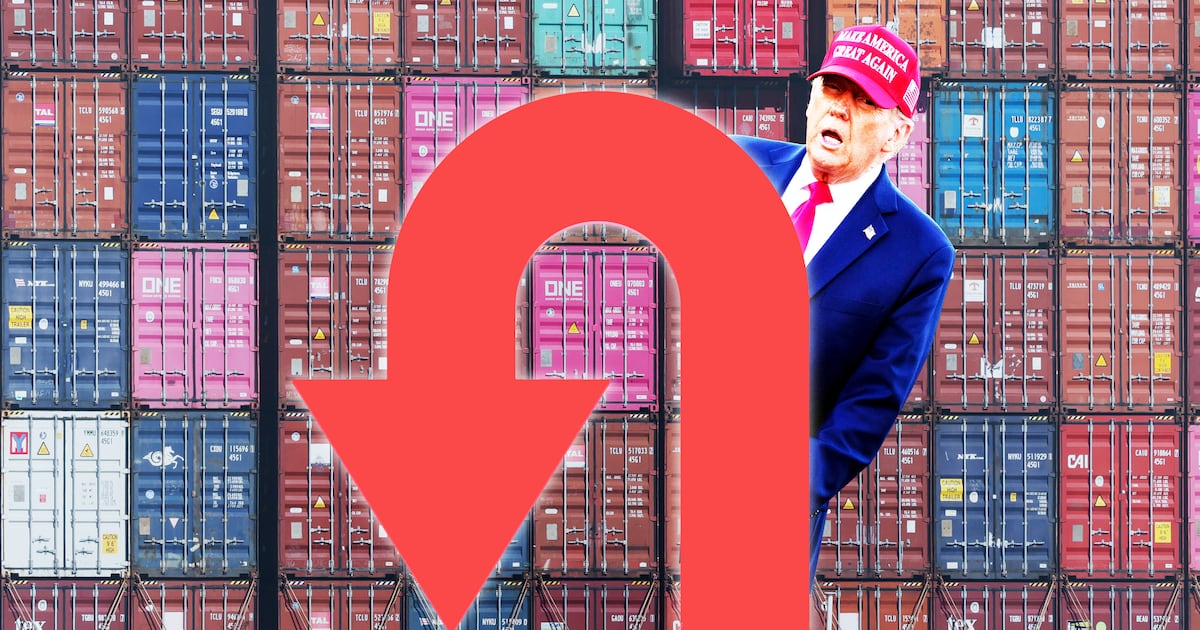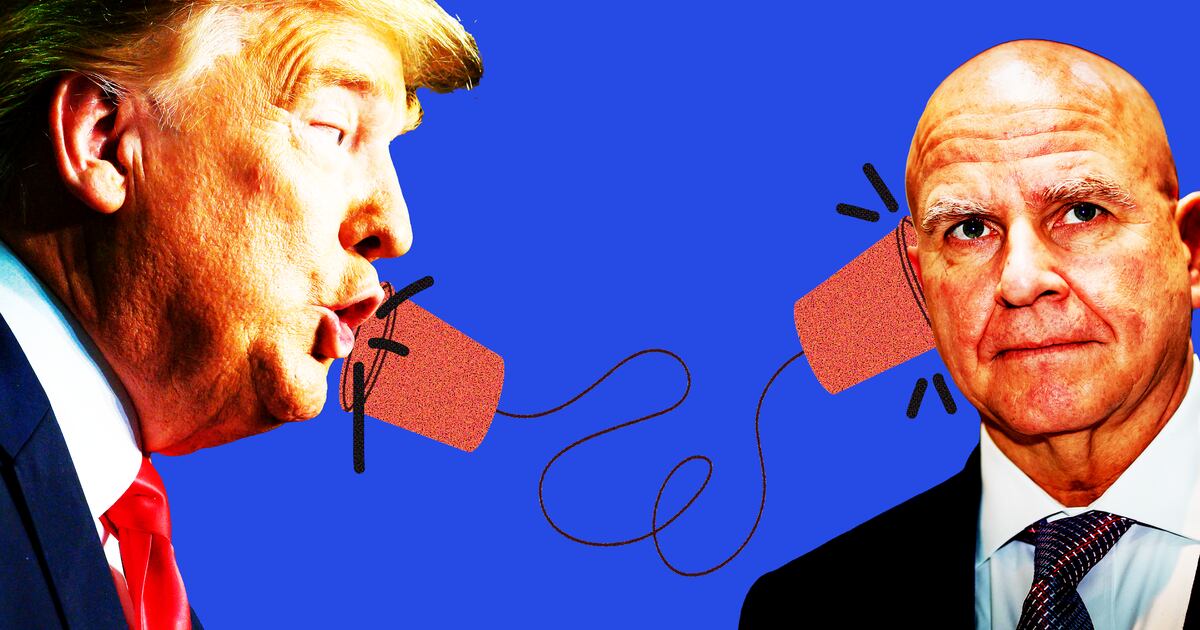One of the saddest truths about history is that often great misfortune can trigger historical shifts that are seen as positive in the long run.
That is the argument at the heart of an informative yet entertaining new book, North Korea Confidential: Private Markets, Fashion Trends, Prison Camps, Dissenters and Defectors by journalists Daniel Tudor and James Pearson. The book lays out what the authors know about North Korea today—the politics, culture, commerce, and changes. For most readers, this hermit kingdom is shrouded in myth and misinformation—remember the false story of Kim Jong Un's uncle Jang Song-thaek being eaten by dogs? The book is exactly what one would want from people who know a few of the country’s secrets—it reads like a CIA fact sheet mixed with juicy anecdotes—and the authors have reassured readers that everything in it has been verified by three sources.
“The main cause of North Korea’s recent social change is actually a tragic one: the famine of the mid 1990s,” the authors write. That famine, which they estimate caused at least 700,000 people to die from starvation, gutted the control Pyongyang and the government had on the country as a whole. The reason is that when the government could no longer feed its citizens, North Koreans turned to a “quasi-capitalist market economy” to feed themselves. This undermined not only the power of the state, which lost a major source of its power (the collection and redistribution of food), but simultaneously opened up the country to a form of capitalism reliant on the outside world.
In the aftermath of the famine, an illegal but countenanced market system called the jangmadang has taken root. Under jangmadang, members of a family, usually married women who are exempt from state-mandated work units, sell a variety of goods. These can be family possessions, DVD players, phones, foreign currency, and so on. Families rely on income from these markets, as the official and unofficial exchange rates with foreign currencies have imploded, and the government has left much of the country outside of Pyongyang to fend for itself. The markets are so ingrained in society, the authors claim, that families not known to engage are often suspect because it is assumed they are obtaining wealth from defector relatives. One side effect of these markets is that women are often bringing home more money than their husbands, which undermines the traditionally patriarchal society.
The new North Korea depicted by the authors is dominated by this semi-capitalist form of life, and while most would imagine that would be difficult given the dictatorship’s image as a suffocating leviathan, the country has a new king—cash. Throughout the book, the authors stress that nearly every crime, from political to petty, can be resolved with a bribe. Get caught trying to cross the border? Pay the guard a bribe. Caught with foreign DVDs? Pay the inspector a bribe. Need anything? Pay a bribe.
And there are a variety of ways one can make money. For government officials (whose official salaries are neglible) it is access to things like the diplomatic pouch (for smuggling), the army (which is used more for construction projects than fighting), foreign North Korean-owned restaurants, weapons deals, or food rations that can be turned into cash.
For the average citizen, the entrepreneurial spirit is pretty astounding. In various neighborhoods in every major city, the authors claim, there is a middle-aged woman who rents apartments for sex by the hour. “Her preferred time will be in the afternoon, when her children are at school, and her husband is at work,” they write. Or one can learn to perform a plepharoplasty, which is the surgery that gives people fold lines along the eyelids. “Those who do it well,” the authors note, “will benefit from word of mouth, and be able to make a good living.” There are also those who have managed to get a Chinese phone that connects to the Chinese network. “Over half of those who have made calls out of North Korea with Chinese phones do not actually possess one themselves,” the authors explain. Instead there are phone owners who make their living renting out time on their illegal phones.
Peppering the narrative are fascinating tidbits about North Korean life that go a long way toward coloring a Westerner’s typically black-and-white image of life in that country. For instance, while real estate in most of the modern urban environments revolves around top floor apartments with great views, in North Korea the lower apartments are more desirable. That’s because there is usually no lift, and even if there is one, you don’t want to get stuck because of a power outage.
The authors claim that contrary to what one might expect, young people actually look forward to that time when they are sent away for compulsory agricultural labor because “it is an opportunity to party every night and meet members of the opposite sex.”
“Because it is dangerous to say the Supreme Leader out loud, “a ‘thumbs-up’ can be used to refer to the Supreme Leader.”
When Kim Jong Il traveled abroad, members of the Personal Secretariat “were tasked with collecting the leader’s feces and urine from special toilets they brought with them. This was, apparently, to prevent foreign agents obtaining Kim Jong Il’s DNA profile.”
North Korea Confidential also provides a handy primer on the culture of the country’s various cities. For instance, the port city of Chongjin, not Pyongyang, is the center of fashion in the country. And even the Chinese are impressed by the products that come from Kangsun, which the authors dub the knock-off capital.
And while some outlets have claims that North Korea is a “weed-smoker’s paradise, the authors say it is not weed (which since it is grown for hemp, is mild as a drug), but meth that is the drug of choice and a major source of revenue.
“North Korea’s new ‘system’ is unfair and Darwinian,” the authors write, “but at least gives the average person a sense of agency.”
Dispelling the myth of a brainwashed populace is one of the main goals of the book. Despite horrific prison camps, lack of Internet, and a national fabric called “vinylon,” most people still take the risk to watch a foreign film, regularly consume South Korea pop culture, party, and even argue with the police.
All of this, of course, raises the question of the country’s future. Tudor and Pearson spend a chunk of the book outlining and explaining the North Korean power structure largely orchestrated by Kim Jong Il, from the Kim family itself to the shadow government dubbed—with true Communist rhetorical flourish—the Organization and Guidance Department. And yet despite the famine and the slight erosion of central power, the authors don’t really think the regime is going away anytime soon. In fact, the authors compare the current shift to that which took place in the 16th and 17th centuries in Korea. At that time, the kingdom was under assault from both the Japanese and the Chinese, which partially cleared the decks among the ruling aristocracy and allowed the rise of a new group of merchants. Instead of trying to take over, however, the merchant chose to marry aristocratic families that had fallen on hard times, giving the new money status and the old fresh cash and blood.
Today, the authors contend, “The new, rising capitalist class generally seeks to join the existing elite through marriage and business ties, rather than undermine it.” But then again, this is North Korea, so who really knows what will happen.





